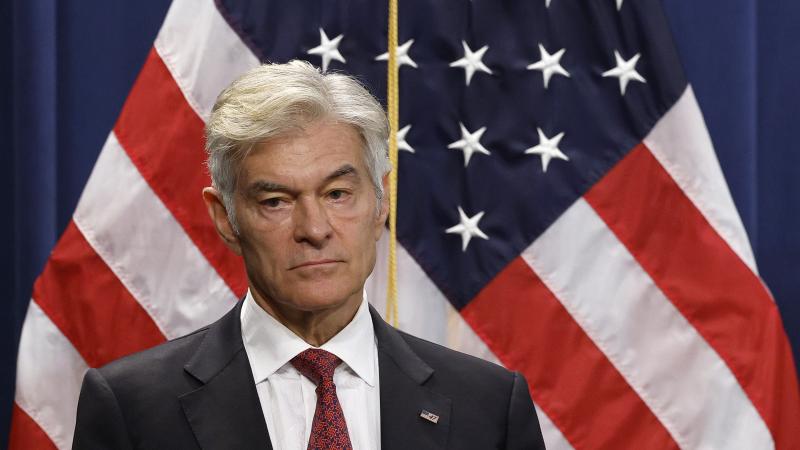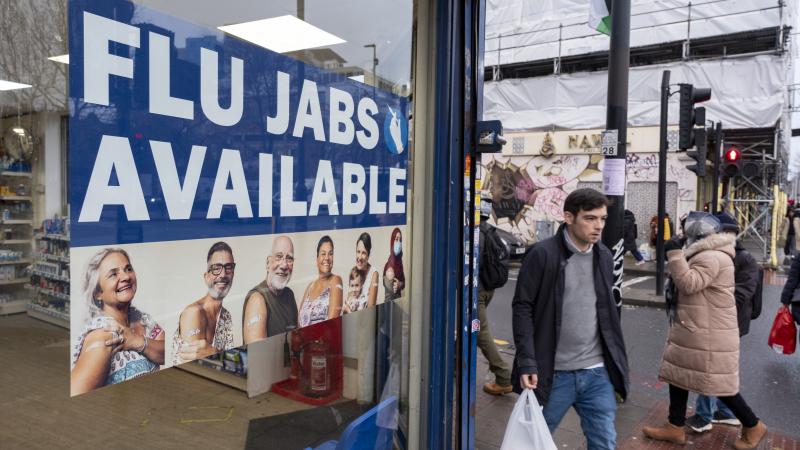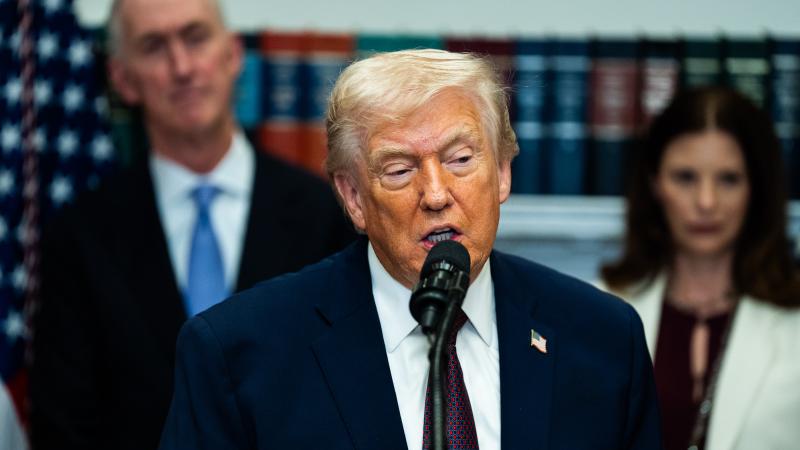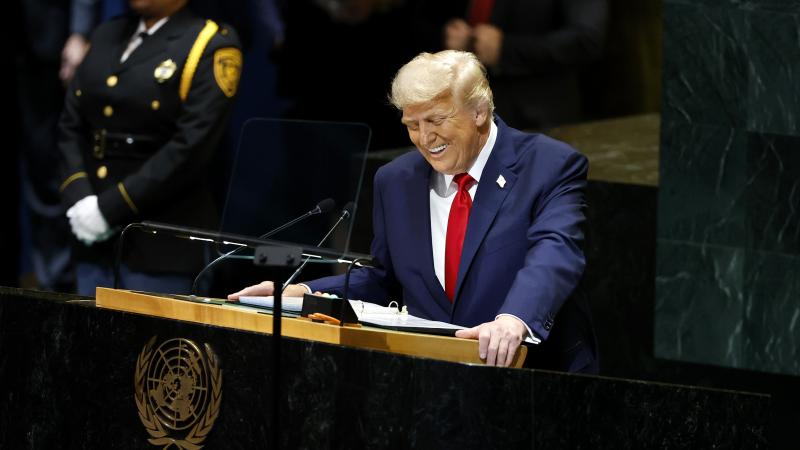Coronavirus vaccines are developing fast, but not in time for school
As the start of the school year gets closer, many are wondering when a vaccine will be ready. Many vaccines are making headway, but none will be ready before the fall semester begins.
As August approaches, many have expressed concern about safely returning to school during the coronavirus pandemic. Over a hundred vaccines to protect against COVID-19 have been in the works for months, some with human trials well underway. Many have produced promising results, but none are quite ready to hit the market.
Here is an update on some of the most promising vaccines being developed across the globe:
Oxford University & AstraZeneca: Data of early-stage clinical trials testing ChAdOx1 nCoV-19 was released Monday in the medical journal The Lancet. The results showed the vaccine produces two different immune responses proven to fight against the coronavirus. Researchers said the vaccine produced antibodies and killer T-cells to combat the infection that lasted at least two months. The vaccine was found to be well-tolerated by the volunteers who were healthy, had a median age of 35 and were about 91 percent caucasian, according to the researchers. Fatigue and headache were the most commonly reported, they said. This is one of two companies moving into late stage testing of a vaccine. The final stage of human testing will begin on July 27.
Sinovac: Along with Oxford/ AstraZeneca, this vaccine from the China-based biotech firm Sinovac Biotech is in late stage clinical trials. It started phase 3 trials of its potential coronavirus vaccine in early July that expanded to more than 30 countries outside of China. The vaccine triggers specific antibodies in the human body to fight the coronavirus. In addition, the company is preparing a coronavirus vaccine plant, which it hopes will be functioning this year and producing up to 100 million shots a year.
Moderna: The U.S.-based biotech company is currently moving on to Phase III, enlisting 30,000 volunteers for human trials. It started its early human trials in March and is set to initiate the next wave of testing on July 27. The vaccine, mRNA-1273, contains RNA that creates proteins similar to the viral proteins found in COVID-19. The vaccine produced effective antibodies against COVID-19 in previous human trials.
Pfitzer & BioNTech: Medical researchers from both the U.S. and Germany teamed up to develop the vaccine BNT162. Similar to Moderna’s vaccine, BNT162 contains RNA that triggers an immune response against COVID-19, eliciting antibody and T cell responses. The German side of the study affirmed the results of trials conducted in America.
Inovio: The pharmaceutical company was one of the first to begin trials for a coronavirus vaccine. It is DNA-based, developed from an original sample of the coronavirus in China. Inovio’s researchers have found mutations of the coronavirus react similarly to the vaccine. The company is also taking a specific look at those who are at greater risk if infected, including the elderly. Inovio is currently looking to move into Phase 2 and 3, where more volunteers will be injected with the vaccine.
Bacillus Calmette-Guerin (vaccine): Originally administered to fight against tuberculosis, the BCG vaccine is being studied in the race for a COVID-19 vaccine. It was developed and mass produced in 1924 and is proven to give a general boost to one’s immune system. In addition, researchers found that countries where the vaccine has been administered on a large scale have had less mortality from Covid-19. Researchers are looking at the BCG vaccine to fight COVID-19, even as a booster.
















